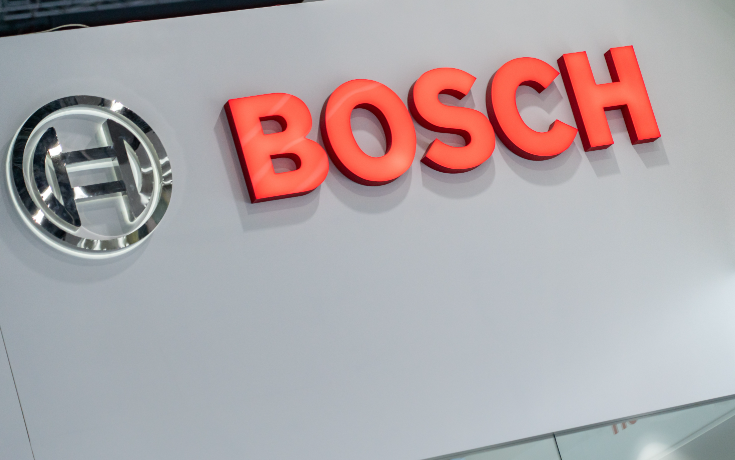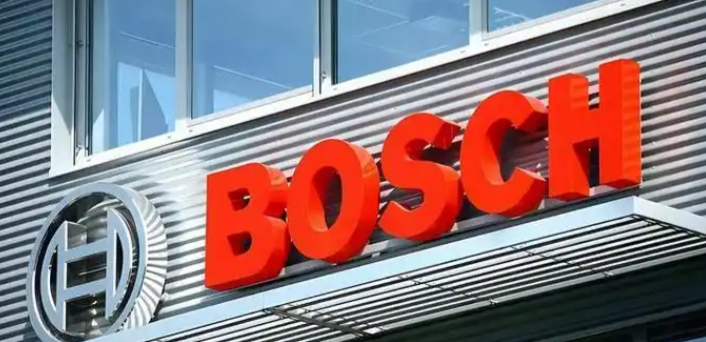On September 25, German newspaper Handelsblatt reported that Bosch is preparing for a new round of large-scale layoffs, with industry sources suggesting the number could reach tens of thousands of employees—far exceeding last year’s reduction of 9,000 positions in Germany.

Stefan Grosch, the board member responsible for human resources, stated clearly that the company must save €2.5 billion, and significant job cuts are the “only option” to achieve this goal. In fact, Bosch has already begun downsizing: in 2024, it eliminated 11,600 roles globally (including 4,500 in Germany) within its largest business sector, bringing total headcount down to 230,000. The Mobility Solutions division, which contributes nearly two-thirds of the group’s €90.3 billion revenue, has become a key focus of restructuring.
Behind the layoffs is severe profit pressure. In 2024, the automotive business margin was only 3.8%, well below the target of 7%. Management emphasizes that as a foundation-owned company, Bosch needs sufficient profitability to ensure long-term financial independence—a goal that has been difficult to achieve in recent years. Making matters worse, market support remains weak: after a slight revenue decline in 2024, growth is projected at only 2% this year, to around €57 billion.

This move reflects broader industry transformation pains, as European auto suppliers collectively face electrification challenges and shifting market conditions. Notably, the global layoffs have not yet affected China, where Bosch continues to invest in areas like new energy, given its status as the company’s largest single market.
ICgoodFind : Bosch’s layoffs underscore the difficult balancing act for traditional auto parts giants amid costly industry transitions.





